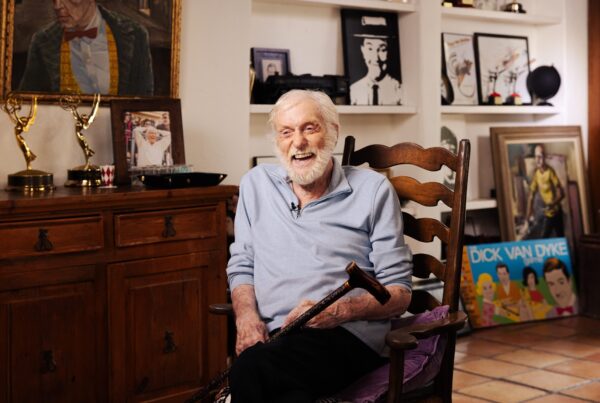Around this time of year there is usually a lot of media around men’s health issues. Now, while the conversation is often geared towards Movember and the risks of prostate cancer, it would be irresponsible if we did not awareness around men’s mental health too!
According to statistics, South African men are four times more likely to die by suicide than women. It’s clear that men’s mental health is a serious issue, both in South Africa and across the world. Unfortunately, many men choose to suffer in silence, with one of the contributing factors being their refusal to be vulnerable.
It is because of this that South African rugby captain Siya Kolisi has taken it upon himself to not only help dismantle the stereotypes associated with men’s vulnerability, but he’s also hoping to encourage them to seek help when it comes to their mental well-being.
Siya Kolisi: Men’s Mental Health Matters
According to research, women are more likely to go to the doctor than men. In fact, it appears that men routinely avoid going to the doctor, with some even admitting that they’d rather do household chores than visit the doctor.
While there are many reasons for this, the most obvious is that men would rather not be seen as vulnerable or in need of help.
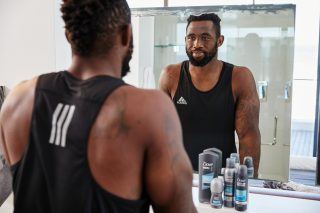
Siya Kolisi/Dove Men + Care
“I think hesitancy is related to social norms.” explains Siya Kolisi, “Men are told that they need to be strong and be in “control” of their emotions, “men don’t cry”, that they must rely on themselves and are discouraged from speaking openly about their emotions.”
However, with the Rugby World Cup winner adding that men are battling mental health disorders that include depression, anxiety, and addictive disorders, it’s important for us to break these stigmas.
It all starts at home
It would be naive not to acknowledge how many African cultures are rooted in patriarchy, and this has definitely influenced the way in which we approach men’s health issues.
Kolisi points out that the stigma around men’s mental health in black communities is especially rampant, and it’s something that requires our immediate attention.
“Men often suffer in silence when mental health issues are usually not properly prioritized,” he says. Kolisi adds that the association of mental health with weakness is also a problem that needs to be addressed. Not only that, but the notion that men shouldn’t display any form of emotion is an issue that needs to be tackled, especially because it sets a dangerous precedence.
“When some communities process grief, men are not allowed to show emotions or to cry.” says Kolisi, “When my grandmother and mother died, I was numb, and it was only later on in life where I learned how to process that grief.”
Creating a safe space
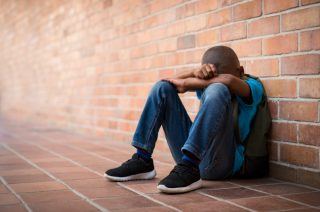
Rido/shutterstock
Change starts at home, and that’s something that the 30-year-old sportsman is conscious of. As such, the father-of-two has made it his priority to teach his son the importance of being vulnerable.
“I show emotions. I tell him I love him, I kiss him. I hug him, all the things that I longed for as a boy, I am giving back to my son.” says Kolisi, adding that he allows his son to see him cry so that he can show him that it’s okay to show emotions,
“I teach him that it is okay to say that he is struggling with something. I celebrate with him when he asks for support. I am teaching him not to limit himself from experiencing the full range of his humanity.”
The ugly side of fame
While some may argue that it’s easy for a world-renowned sports hero to be on top of his mental health, that’s not necessarily the case. As Naomi Osaka has shown us, it can be hard to be at the top, especially in the age of social media.
Now, Kolisi admits that social media can provide powerful platforms that encourage social change, such as the Dove Men + Care Care Conversations that addressed men’s mental health. However, he also acknowledges that these apps can be harmful, especially when you’re in the public eye,
“People can say mean and hurtful things to sportspeople without caring about how their words impact us.”
So how does the sportsman navigate the ugly side of social media?
“I do my best to sometimes limit my engagement on social media and focus on my internal process. I do my best during the week, in training preparation for a match, and on match day, I give it my all. If we don’t win, I need to forgive myself, and run it back.”
Exercise is the best medicine
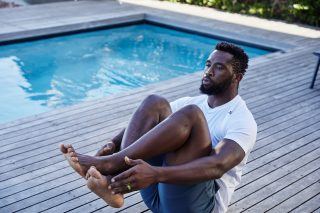
Siya Kolisi/Dove Men + Care
Being a professional sportsman, you would expect Siya Kolisi to advocate for the importance of physical activity. However, his sentiments are backed by research.
In fact, numerous studies have found that physical activity can also be used to manage depression and anxiety disorders.
Aside from leading an incredibly active life, Kolisi also has his own method when it comes to dealing with stress. He reveals that he’s learned to understand what his triggers are and as such, he makes sure to walk away when he becomes really angry and to go gather his thoughts,
“I then come back and first apologize and then talk through how the situation made me feel. I listen to worship and read before bed to calm myself down.”
Bottom line
It’s important for people, regardless of gender, to understand that their mental health matters. They need to know that it’s okay to reach out for help when struggling. In fact, reaching out isn’t a sign of weakness, but rather of strength.
What’s more, by being vulnerable and open, you’re also sending a message that it’s okay to talk about your feelings. This is something that everyone needs to hear, especially the younger generation,
“Acknowledge there is a problem, then take action, talk to someone, seek help. Boys see what their own fathers, uncles do and they do the same. We need to do better in order for them to do better.” – Siya Kolisi
MAIN IMAGE CREDIT: Dove Men + Care


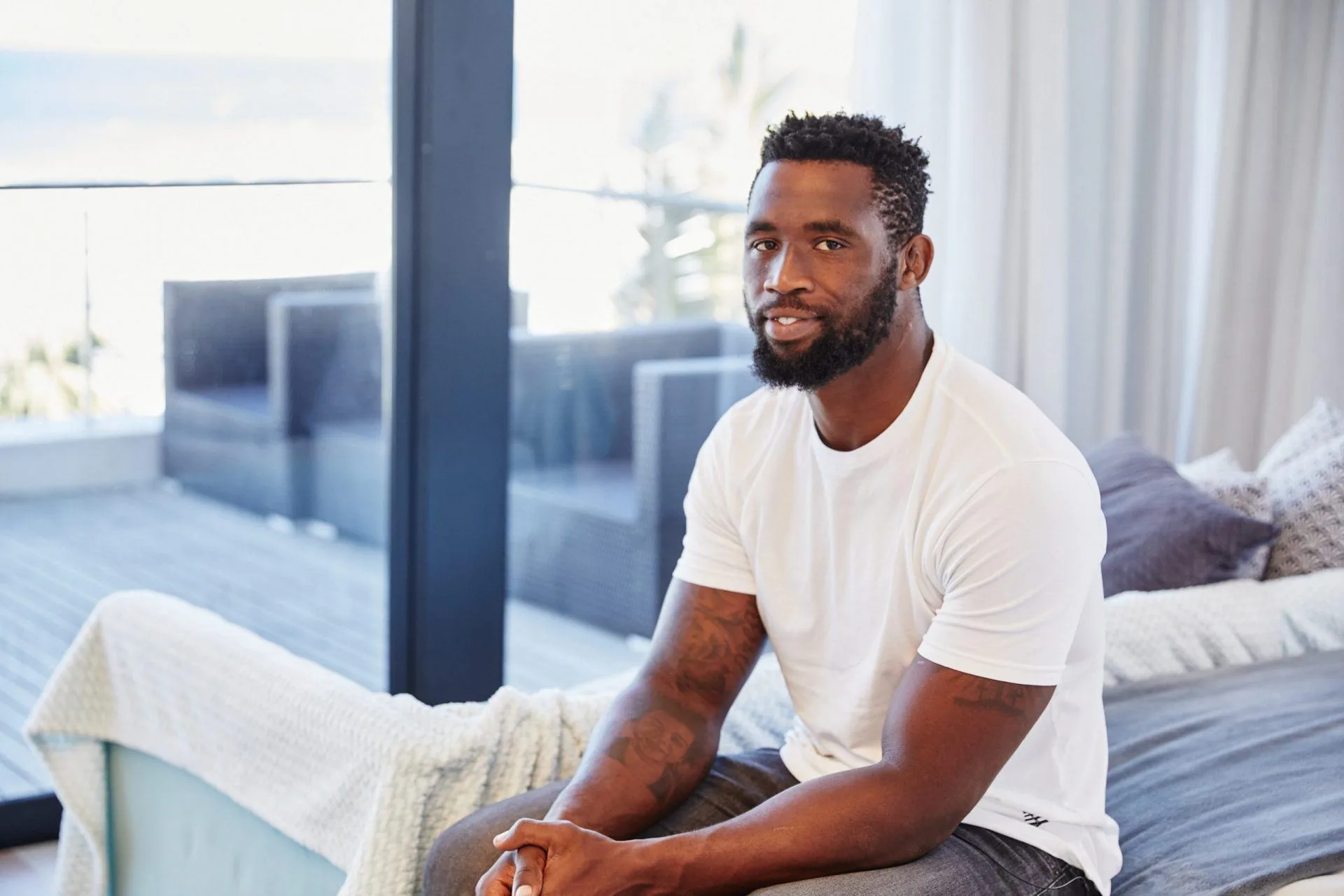

![women [longevity live]](https://longevitylive.com/wp-content/uploads/2020/01/photo-of-women-walking-down-the-street-1116984-100x100.jpg)






